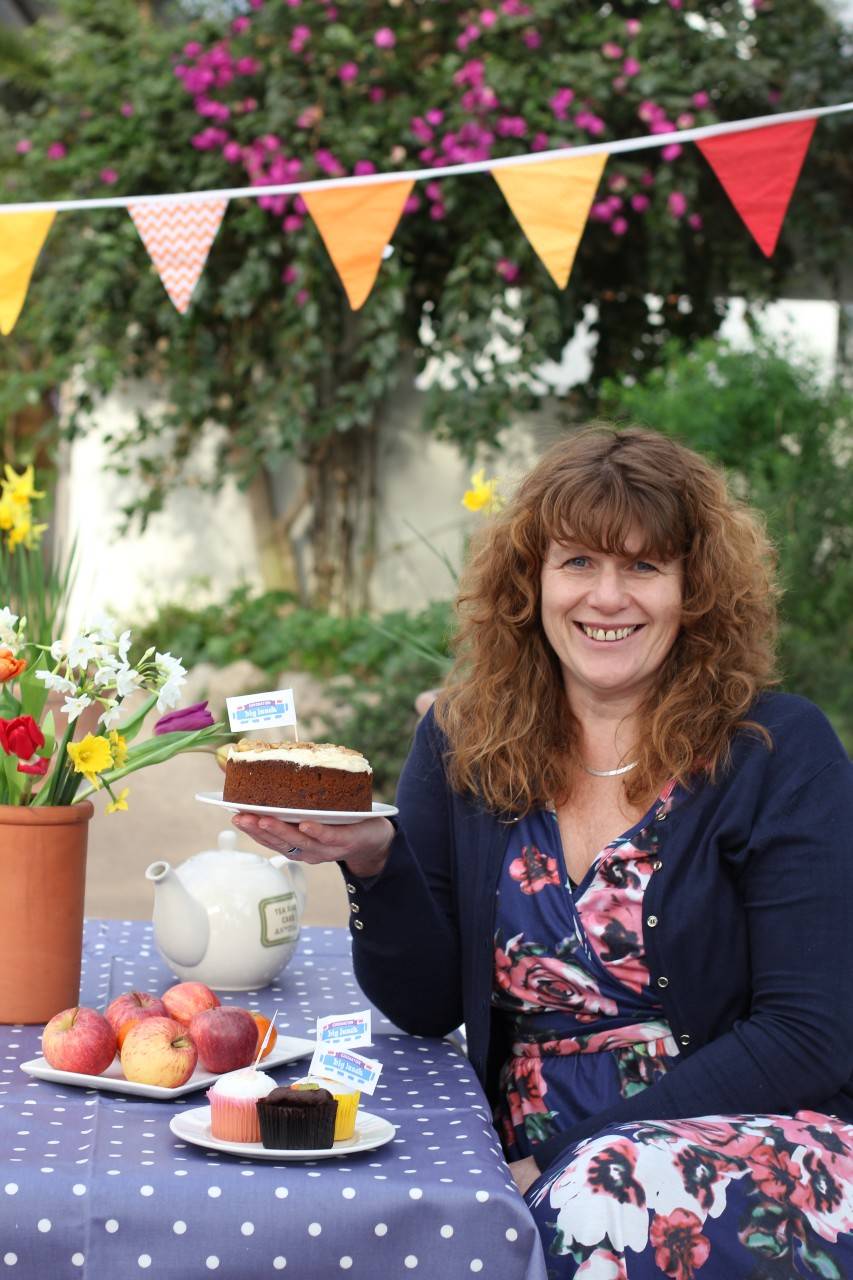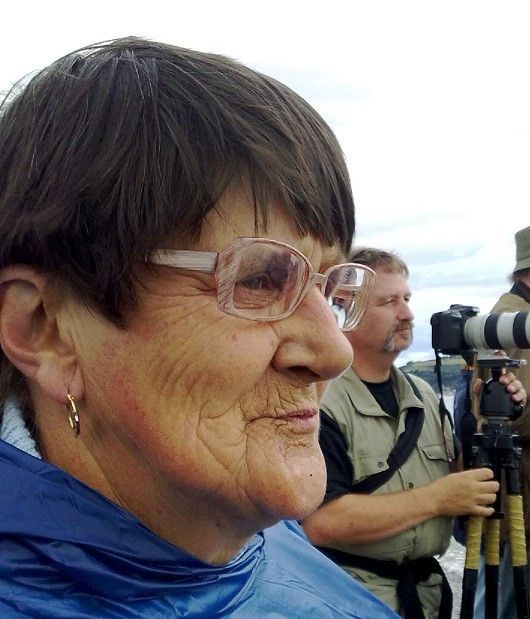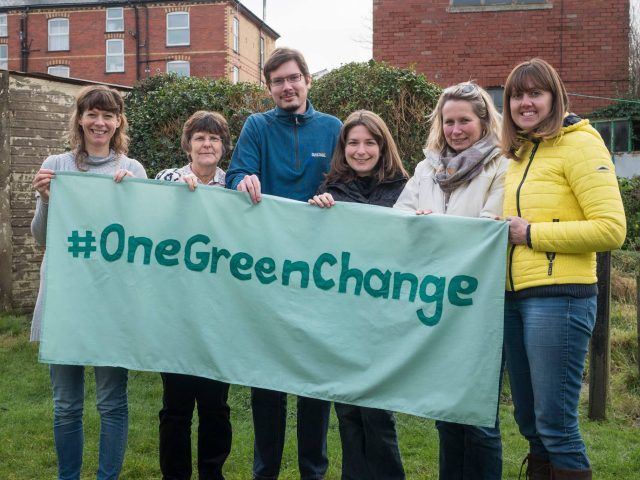Say no to ‘tackling loneliness’
Tracey Robbins, our Head of UK Delivery, talks about her experience with loneliness and why we shouldn't be trying to 'tackle' it.

I wrote this during a week that would also have been my mother’s 80th birthday. She died several years ago and I carry with me that mismatch of the relationship I wanted and still want with my mother and the one I had and no longer have – it is a great source of loneliness for me.
I’ve worked on the issue of loneliness for ten years and, can say with all confidence, no one can TACKLE it. I see reports, headlines and strategies about how to tackle loneliness. I hear academics, charities, ministers all calling for us to do more to tackle loneliness. Herein lies the problem – you cannot TACKLE loneliness… and I don’t believe we should.
Tracey’s mum is pictured below.

Loneliness is our internal warning system to let us know something is wrong. It is our internal trigger to tell us we lack meaningful friendships and intimate relationships. As hunger lets us know we need to eat, and thirst lets us know we need to drink, loneliness lets us know we need company.
We do not, and would not want, to tackle thirst or hunger: these internal triggers keep us alive and well. We would, and do need to, tackle issues and problems that prevent us from fulfilling these needs, to prevent starvation and lack of access to food and water.
Focusing on loneliness as the problem or issue in an abstract way belies its very complex nature and the context within which people live their lives.
Loneliness is a symptom not the problem.
Focusing on the issue of loneliness, on the individual, on their vulnerability means we often ignore the context, the many factors that contribute to loneliness, such as poverty, mental health, poor health, disability, bereavement, abuse. We turn a blind eye to the places where people live, their environment, the lack of employment or the pressures of work.
For ease we focus on the stereotypes of older people or those alone, yet all recent evidence and research shows that younger people in urban areas are far more likely to experience loneliness.
We still focus on pulling on the heart strings at Christmas as such a lonely time for older people and those without homes or families, but the reality is many of us make an effort at this time. Charities are overwhelmed with volunteers who want to help at Christmas and for a lot of people loneliness can be greatest in winter, but the biggest increase in loneliness across the year for many older people is actually in the summer… Granny rarely gets an invite to the summer BBQ.
September is a very tricky month for those whose children start school, for children who change schools, for students who start college or university or a new job, for those who leave home. In October the clocks go back, the days shorten and people stop seeing each other around and about.
Loneliness is not something we can stop or end, it is not a disease or epidemic we can immunise against.
We are all fragile vulnerable human beings whether we like it or not. Often we will be taken aback by loneliness and not understand how we came to feel this way. The layers may build up slowly before we notice that there is a real mismatch in the relationships we have and those we want. We can only take measures to alleviate loneliness, to cope with living with loneliness, or, in addressing it, work to reduce its intensity or duration.
If tackling or ending loneliness means that we no longer have that internal warning system that reminds us we need each other, that we need or have lost meaningful relationships, then I for one will never work to tackle or end loneliness. But I will continue to work towards reducing the stigma, to talking about our own loneliness, to start to put in place the relationships and networks we need to support us and help us through these times.
Such a shame, it’s another conversation me and my mum will never have.
Stories of connection

A tale of re-connection at Community Camp
Community Camp is all about making connections: bringing like-minded people from across the UK together to be inspire, educate, and share with one another.
How we brought isolated people together — with coffee and a caravan!
Ann Osborn is the Director of the Rural Coffee Caravan in Suffolk. The mobile community cafe and information centre helps to alleviate isolation in…
Hungry for more?
Sign up to our newsletter for a monthly dose of fun ideas, handy information and inspiring good news stories.